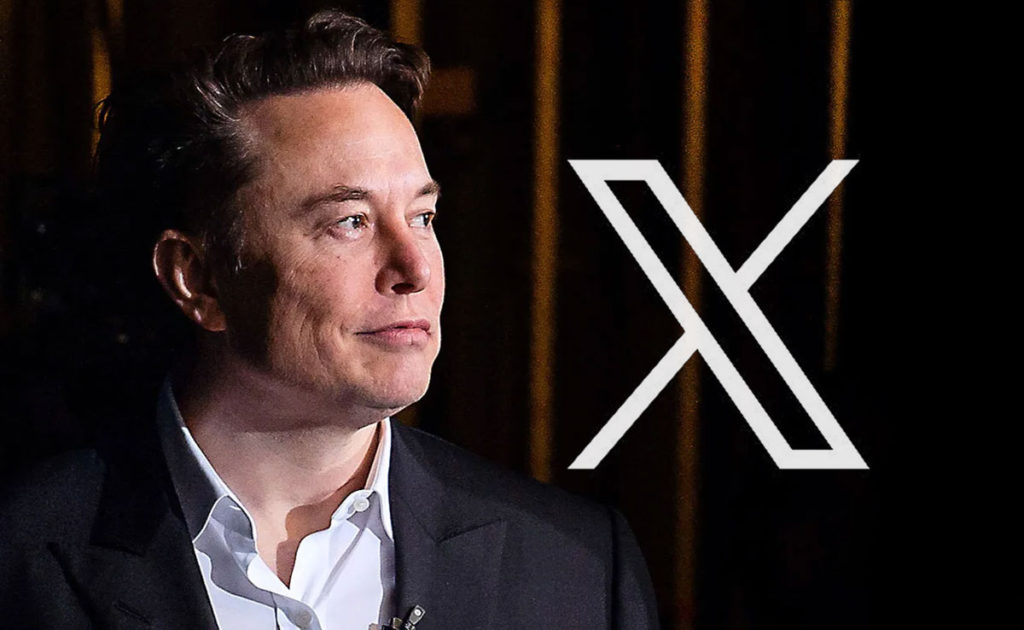|
Getting your Trinity Audio player ready...
|
Elon Musk, the CEO of Tesla and SpaceX, is once again at odds with the Securities and Exchange Commission (SEC), this time over his failure to appear for testimony regarding his $44 billion acquisition of Twitter, now rebranded as X. The SEC announced its intention to seek sanctions against Musk in a court filing on Friday, escalating the already tense relationship between the regulator and the billionaire.
The SEC’s Investigation into Musk’s Twitter Acquisition
The SEC has been investigating Musk’s high-profile takeover of Twitter, looking into whether the billionaire adhered to legal requirements when disclosing his stock purchases and whether his public statements surrounding the deal were misleading. The investigation has been ongoing since Musk began acquiring shares of Twitter in early 2022, culminating in his full purchase of the social media platform later that year.
At the heart of the SEC’s probe is whether Musk’s disclosures complied with the federal securities laws designed to inform investors and whether his public comments misled investors or impacted stock prices. Musk’s tumultuous relationship with regulatory authorities, particularly the SEC, adds weight to the current investigation, with many drawing parallels to previous legal battles involving his use of social media to communicate corporate intentions.
Musk’s Missed Testimony: A Court Filing Detailing Events
According to Friday’s court filing, Musk was scheduled to testify on September 10, 2023, after initial delays and scheduling issues. The SEC had flown a team of attorneys to Los Angeles to take Musk’s testimony. However, just three hours before the testimony was set to begin, Musk’s legal team informed the SEC that Musk would be unable to attend due to an urgent trip to the East Coast for the launch of SpaceX’s Polaris Dawn mission.
The SEC claims that Musk’s excuse lacked credibility, accusing him of “gamesmanship.” The court filing emphasized that the Polaris Dawn launch had been publicly announced two days prior, and as SpaceX’s Chief Technical Officer, Musk should have been well aware of the schedule conflict. The SEC also noted that the regulator had incurred significant costs flying its attorneys across the country, only to have the testimony canceled at the last minute.
The SEC’s filing highlights that Musk failed to obtain the court’s permission to change the testimony date, a requirement of an existing court order. This procedural violation has prompted the SEC to seek sanctions and ask the court to impose “meaningful conditional relief” if Musk fails to appear at the rescheduled testimony date in October. The agency is also requesting that Musk reimburse its travel expenses.
Musk’s Response: Scheduling Conflicts and No Need for Court Intervention
In response to the SEC’s filing, Musk’s legal team argued that the court’s intervention was unnecessary, as both parties had already agreed to reschedule the testimony to a later date. They noted that Musk was under an existing court order to appear at the new date unless an emergency beyond his control arose.
Musk’s lawyers also reiterated that Musk has already complied with the SEC’s investigation by testifying twice before and that the scheduling conflicts were genuine. Despite these assurances, the SEC has remained adamant that Musk’s actions violated the court’s previous orders, setting the stage for a legal showdown in the coming weeks.
The Ongoing Tensions Between Musk and the SEC
This is not the first time Elon Musk has found himself at odds with the SEC. The tension between the two parties dates back to 2018 when the agency sued Musk over his infamous tweet claiming that he had “funding secured” to take Tesla private. That tweet led to a settlement in which Musk agreed to step down as Tesla’s chairman, pay a $20 million fine, and have his tweets related to Tesla’s business pre-approved by company lawyers.
However, the relationship between Musk and the SEC has remained contentious ever since. Musk has frequently criticized the SEC, accusing the agency of unfairly targeting him and hindering innovation. The SEC, on the other hand, has been persistent in ensuring Musk’s compliance with securities laws, especially given the significant impact his statements can have on market movements.
What’s at Stake for Musk and the SEC?
If the SEC is successful in its pursuit of sanctions against Musk, it could mark a significant moment in the ongoing legal battle between the billionaire and the regulator. The sanctions could range from monetary penalties to potential restrictions on Musk’s ability to communicate publicly about corporate matters without regulatory oversight.
For the SEC, this case is about more than just Elon Musk’s behavior; it’s about maintaining the integrity of financial markets and ensuring that high-profile figures like Musk follow the same rules as everyone else. The agency’s investigation into Musk’s Twitter acquisition reflects its broader mandate to protect investors and ensure transparency in high-stakes corporate takeovers.
Conclusion: A Legal Showdown Looms
The latest SEC filing marks a new chapter in the ongoing saga between Elon Musk and the regulatory agency. With the court set to weigh in on the matter, both parties are gearing up for a legal battle that could have far-reaching implications for Musk’s future dealings with regulators. As tensions mount, the outcome of this case will not only shape Musk’s business practices but also serve as a bellwether for the broader relationship between Big Tech executives and regulatory bodies.
In the coming weeks, all eyes will be on the court as it decides whether to impose sanctions against Musk and what the future holds for the billionaire’s compliance with the law.



